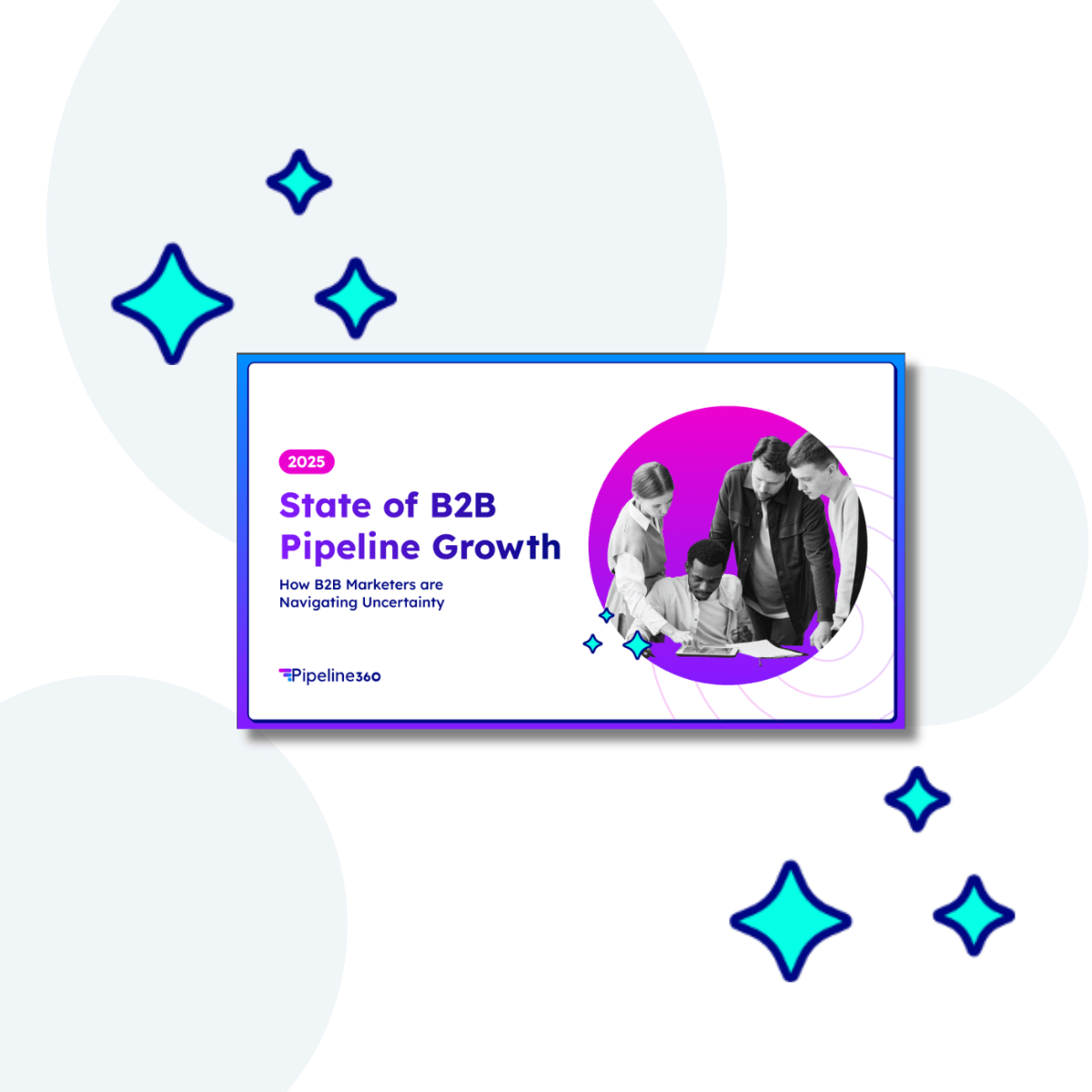B2B lead generation has had an image problem for years. With good reason. B2B marketers have struggled with poor data sources, fraudulent providers and leads that don’t convert, frustrating marketing and sales teams and ultimately holding the industry back.
In fact, Pipeline360, in collaboration with Demand Metric, recently conducted a survey of 400+ B2B marketers in North America and the UK on “The State of B2B Pipeline Growth.” The results were telling: 46% of respondents expressed dissatisfaction with the quality of their current leads, while 42% cited insufficient lead quantity. Simultaneously, a staggering 80% emphasized the critical and urgent need for new, qualified leads.
And to add another complicated layer, global and state privacy laws are becoming increasingly stringent with penalties reaching 8-figures for non-compliance. Our survey results found that an overwhelming 93% of B2B marketers say that data compliance and accuracy is a priority at their company.
These findings highlight a major challenge that B2B marketers are facing: How to generate high-quality leads in a rapidly changing and highly regulated environment. With stricter privacy laws and increasing demand for personalized, relevant messaging, traditional lead generation tactics may no longer be as effective.
So what can B2B marketers do to overcome these challenges and drive pipeline growth?
Ensure data compliance
The first step is to make sure that all data collected and used for marketing purposes is compliant with global and state privacy laws. This includes obtaining proper consent from individuals, maintaining accurate records, and having processes in place for data protection and deletion upon request.
It’s important to invest in data quality. As the saying goes, “garbage in, garbage out.” Inaccurate or outdated data can lead to wasted resources and missed opportunities, not to mention fines. By investing in a data governance platform or partnering with a trusted provider, B2B marketers can ensure their leads are accurate, up-to-date, and compliant with regulations.
Build trust
Data privacy is not just about compliance, it’s also about trust. Building trust with your customers starts with being transparent about your data collection and usage practices. Clearly stating your privacy policy and providing options for individuals to control their data can go a long way in building trust and loyalty.
After all, trust is at the core of good B2B marketing. When customers trust your brand and the data you collect, they are more likely to engage with your campaigns, provide valuable feedback, and become loyal advocates for your company.
By prioritizing good data hygiene, B2B marketers can not only comply with regulations but also gain the trust of their customers and ultimately drive business success. So the next time you’re working on a marketing campaign or collecting customer data, remember that data privacy is not just a legal obligation, it’s an important factor in building strong relationships and fostering loyalty with your audience.
Broaden your channels
In the past, B2B marketers relied heavily on email marketing and trade shows to collect customer data. While these methods are still effective, it’s important to broaden your channels in order to reach a wider audience.
Today’s B2B buyers are consuming content across multiple channels, so it’s important to provide highly relevant and valuable content to your prospects at each stage of the buying journey. Incorporating other channels like social media, digital display ads, and content syndication can help reach a wider audience and capture more and better leads. This builds trust and establishes your brand as a thought leader, so that when it’s time for Sales to have a conversation with the buyer, they are already familiar with your brand and more likely to engage.
In fact, in our State of B2B Pipeline Growth survey, we found that 61% of B2B Marketers who use content syndication as part of a full-funnel, brand + demand strategy are able to reach pipeline goals vs. 45% for those who don’t use content syndication.
This integration of targeted display and content syndication is what I call Branded Demand. Branded Demand creates a cohesive and effective demand generation strategy that drives results. But simply using these two tactics separately isn’t enough. In order to truly capitalize on Branded Demand, it’s important to integrate both display ads and content syndication into your overall marketing strategy. This can lead to a powerful combination that maximizes reach, engagement, and conversions.
However, as you expand your channels for data collection, it’s crucial to maintain transparency and securely store the information you gather. Be clear about how and why you’re collecting data from customers and ensure that their personal information is protected.
The future of B2B leads & pipeline generation
The demand for better B2B leads will only intensify as businesses strive to remain competitive and grow in an increasingly digital marketplace. By embracing data privacy and compliance and diversifying lead generation strategies, B2B marketers can rise to the occasion—generating not just more leads, but better leads that drive business success.
In this new era of B2B lead generation, let’s make it our anthem to care about the reputation of our leads and stay in tune with the demands of our audience and the changing laws and regulations. It’s time for our industry to demand more from their Demand Generation.




